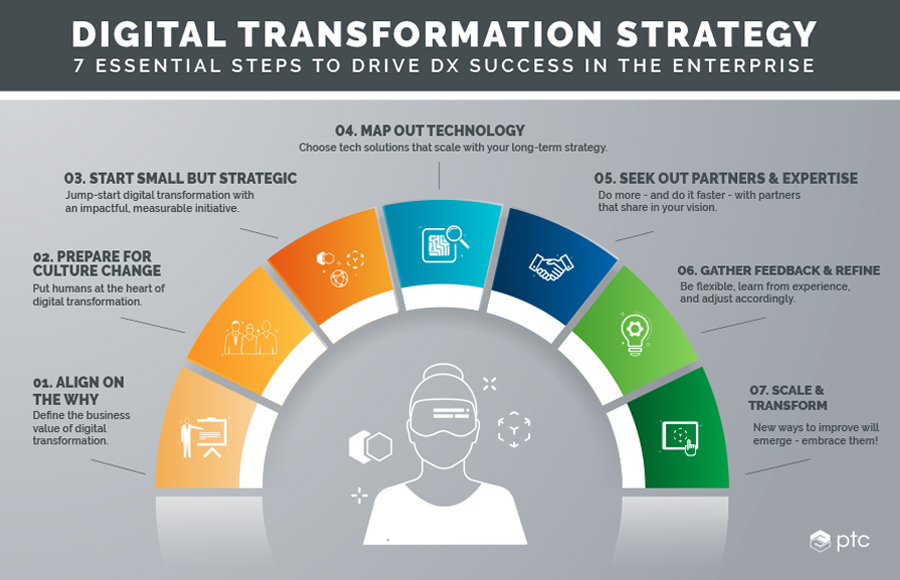
Business transformation refers to a comprehensive and holistic approach taken by companies to make significant changes in their operations, strategies, and processes in order to achieve substantial and long-term improvements. In today’s rapidly changing business landscape, organizations need to continually adapt and innovate to stay competitive. This has led to the emergence of various business transformation solutions that help companies navigate these challenges and drive growth.
The Need for Business Transformation
In a highly dynamic business environment, organizations must keep pace with technological advancements, changing customer demands, and evolving market trends. Failure to adapt quickly can result in loss of market share, declining revenues, and, ultimately, business failure. Therefore, businesses require comprehensive strategies and approaches to ensure survival and success.
Business transformation involves a fundamental rethinking of how a company operates, integrating technology, people, and processes to achieve better outcomes. It is not limited to making minor adjustments or incremental changes in existing practices but involves embracing new ideas and introducing radical improvements.
The Benefits of Business Transformation
Companies that successfully implement business transformation strategies can unlock numerous benefits, including:
Increased agility and adaptability to unforeseen challenges and disruptions.
Enhanced customer experience leading to improved satisfaction and loyalty.
Optimized operational efficiency and cost reduction.
Improved decision-making based on data-driven insights.
Creation of a culture of innovation and continuous improvement.
Key Components of Business Transformation Solutions
Business transformation solutions are multifaceted and involve a range of elements that collectively drive organizational change. Some key components include:
Strategic Planning
A well-defined strategic plan serves as the roadmap for business transformation. It enables organizations to identify their goals, create a vision, and determine the necessary steps to reach those objectives. Strategic planning involves a thorough analysis of the company’s current state, market conditions, competitive landscape, and potential risks or opportunities.
Process Improvement
Process improvement focuses on streamlining and optimizing existing business processes to enhance efficiency and effectiveness. This includes identifying bottlenecks, eliminating redundancies, automating manual tasks, and implementing best practices. Process improvement initiatives often leverage methodologies such as Lean Six Sigma to systematically identify and eliminate waste.
Technology Integration
In today’s digital era, technology plays a critical role in business transformation. Integration of advanced technologies like artificial intelligence, machine learning, and cloud computing can revolutionize operations and improve decision-making. Technology integration enables businesses to automate processes, leverage data analytics, enhance collaboration, and gain a competitive edge.
Change Management
Change management is a crucial component of business transformation as it deals with the human side of organizational change. Successful transformation requires buy-in and commitment from employees at all levels. Change management solutions involve clear communication, stakeholder engagement, training programs, and a supportive culture that embraces change.
Selecting the Right Business Transformation Solution
Choosing the appropriate business transformation solution for an organization can be a complex task. Businesses should consider the following factors:
Understand the organization’s unique challenges and goals.
Analyze the capabilities and limitations of potential solutions.
Evaluate the track record and expertise of solution providers.
Consider scalability and future growth prospects.
Measure the potential return on investment.
In conclusion, business transformation solutions play a vital role in enabling organizations to unlock their full potential and thrive in the ever-changing business landscape. Companies must embrace transformation as a continuous process rather than a one-time event. By leveraging strategic planning, process improvement, technology integration, and change management, businesses can achieve significant improvements and maintain a competitive advantage.

